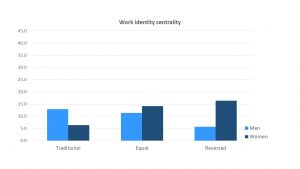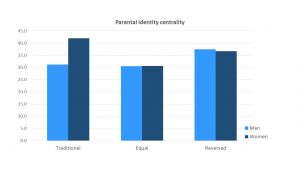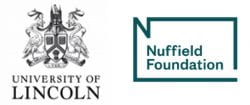Time for a new post! Again, we are sharing some of the results from our survey-based study. This time we look at the identities and ideologies of parents who have different arrangements. Our participants completed a series of measures of their gender ideologies, biological essentialism (the tendency to view men and women as inherently different in their predisposition to parenthood), and the centrality of their parental and work-related identities. Women’s tendency for maternal gatekeeping attitudes and behaviours was also measured.
1. Non-normative parenting arrangements are enabled by parents’ egalitarian gender ideologies and non-essentialist perceptions as well as mothers’ lower gatekeeping tendencies.
Overall, women had more egalitarian gender ideologies than men. Parents who reverse roles had the most egalitarian and non-essentialist views, followed by those who share equally.
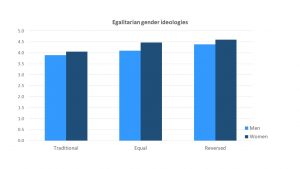
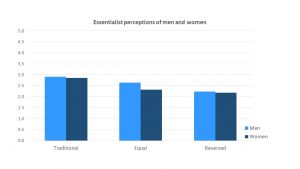
Mothers who reverse roles or share equally had a lower tendency for gatekeeping beliefs and behaviours than traditional mothers.
2. The centrality of the parents’ work-related identities varies as a function of their family roles, while the centrality of their parental identities is strongly affected by gender.
The psychological centrality of work-related identities varied as a function of the parent’s family role; breadwinners and equal sharers had more central work-related identities than caregivers. The centrality of parental identities varied by gender; women in both breadwinning and caregiving roles had more central parental identity than their male counterparts.
